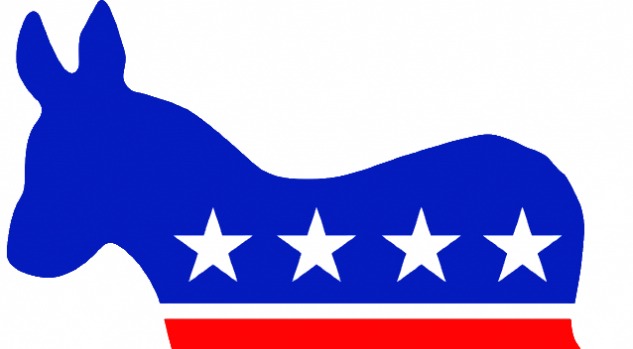The Democrats are very likely headed to a brokered 2020 convention – so now what?

The established rules of the 2020 Democratic primary race say that if no candidate enters the Democratic National Convention with 50% or more, then no one is the nominee. The candidates agreed to the rules beforehand. The rules aren’t going to change. This means that, if the current voting patterns remain roughly on track, we’re headed to a brokered convention. So what happens now?
Yes, we’re only three states in. But the pattern we’re seeing thus far is that Bernie Sanders is getting around 30% to 35% of the vote, while the actual Democrats are getting a combined 65% to 70% of the vote. If one of actual Democrats starts pulling way ahead ahead of the others, it’s not going to change that math. Even if some of the actual Democrats drop out, their support will end up (mostly) shifting to the remaining actual Democrats. In other words, if Klobuchar drops out, most of her supporters are going to shift to Biden, Warren, or Buttigieg, not to Sanders.
So barring something unlikely, we’re going to arrive at the Democratic National Convention with Sanders having less than 40% of the delegates, with the actual Democrats collectively having greater than 60% of the delegates. By rule, the delegates will end up being released from their assigned candidates, and they’ll be able to realign behind the candidates they think are most viable. This is a crappy system, of course. But it’s no less absurd than suggesting that Bernie Sanders should “win” the nomination simply because he got one-third or two-fifths of the primary vote.
Because Sanders is running such a divisive campaign, and escalating his rhetoric against the Democratic Party, it’s difficult to imagine that he’ll pick up many delegates at a brokered convention. If he enters with something like 47% of the delegates, then sure, he could conceivably climb up to 51% at the convention if he knocks off his toxic rhetoric and begins trying to unify the party. But the reality is that he’s more likely to lose delegates at the convention than gain them. So if he enters the convention with thirty-something percent of the delegates, he very probably won’t end up being the nominee. Is this fair? Yes. The overwhelming majority of people are voting against Bernie Sanders in this primary race. If he were only facing one actual Democrat, he’d be losing in a multimillion vote landslide.
Again, this can’t be stressed enough: for Bernie Sanders to win the nomination outright before the convention, he would have to start performing massively better in the upcoming states in the upcoming states than he’s performed in the first three states. Considering how heavily these three states were stacked in his favor, with two of them being nearly all-white, two of them using a caucus format, and Putin having been secretly interfering on his behalf the entire time, something would have to hugely change for Sanders to get over 50%. Short of that, there will be a brokered convention. Anyone telling you otherwise is failing to do the math.
